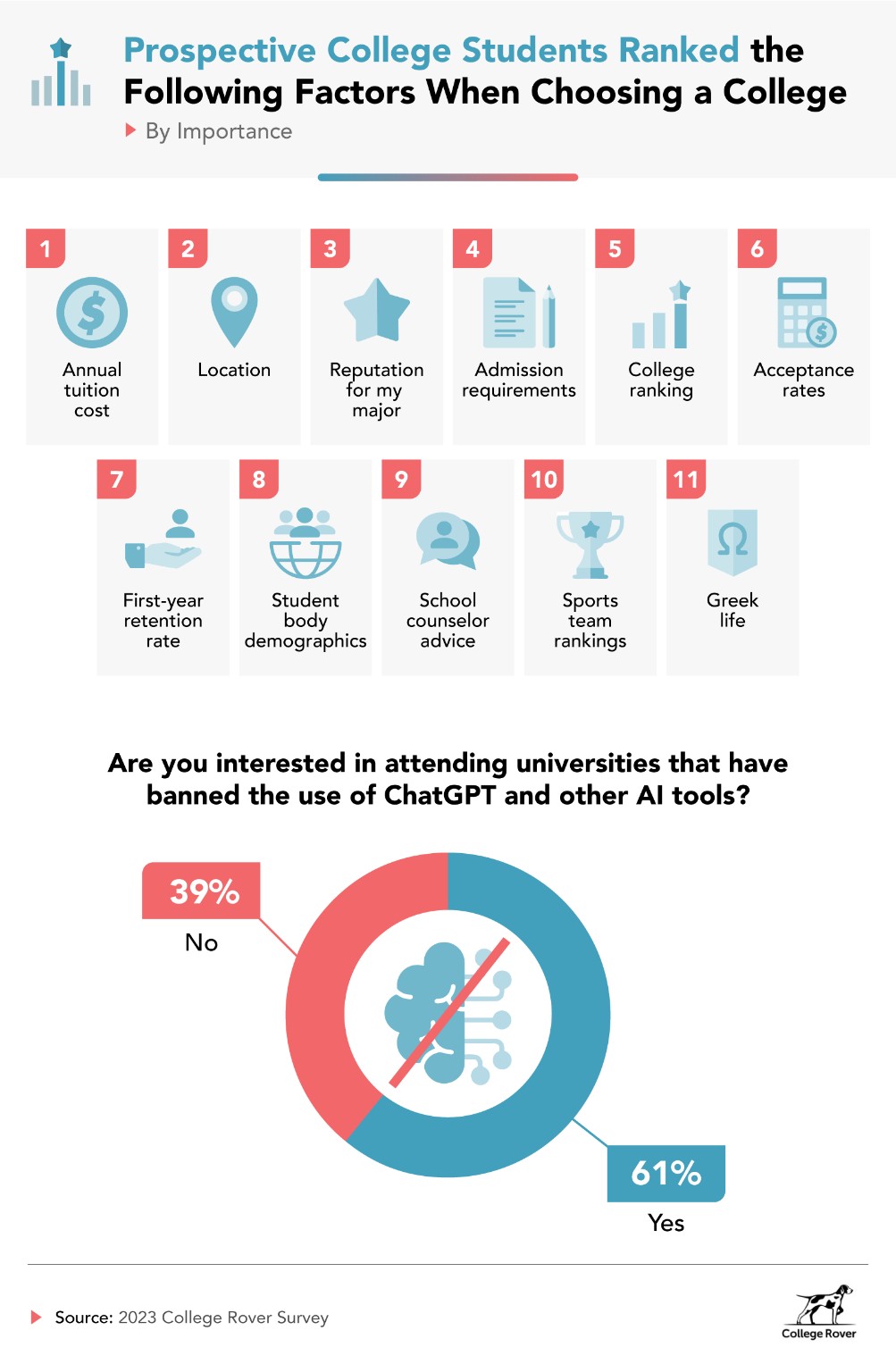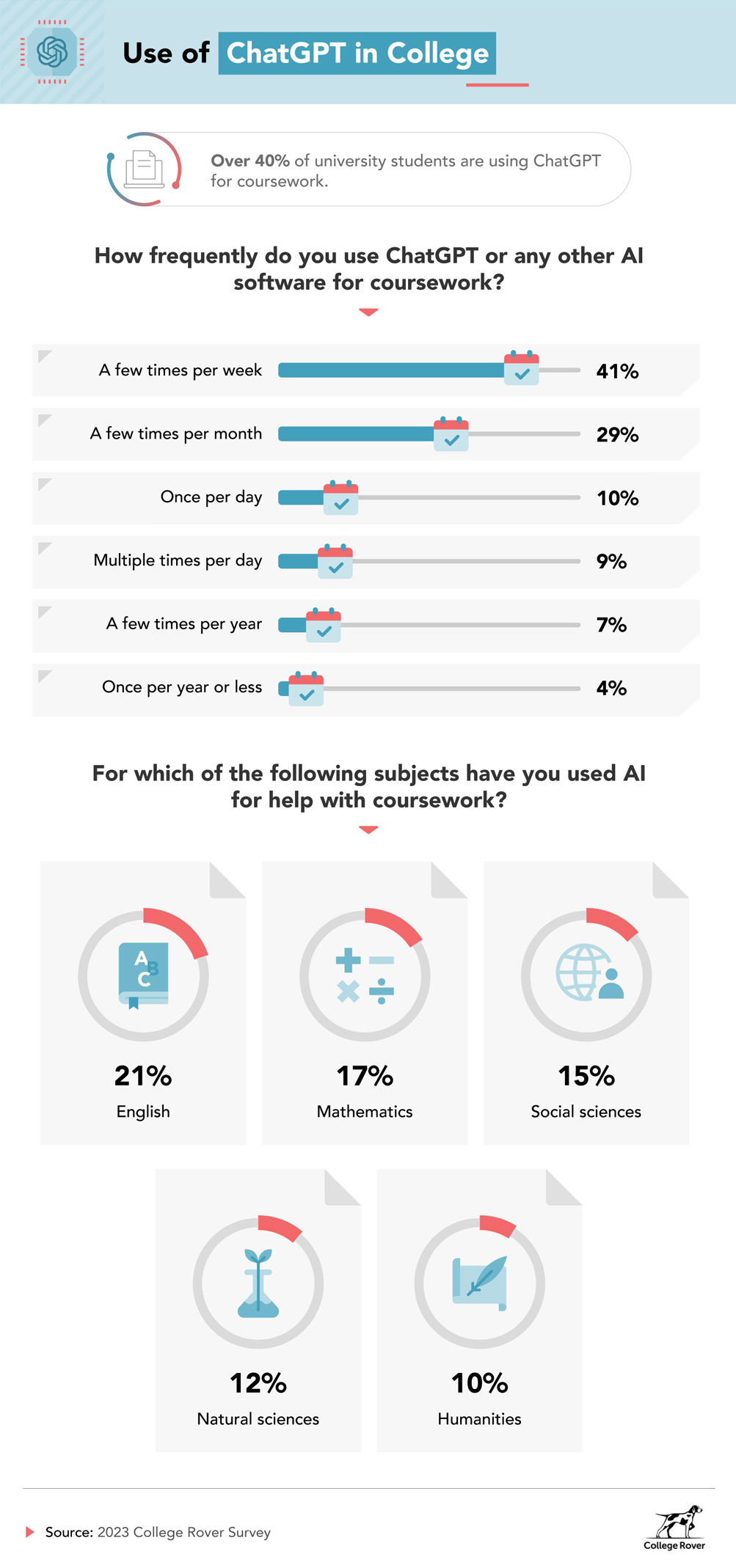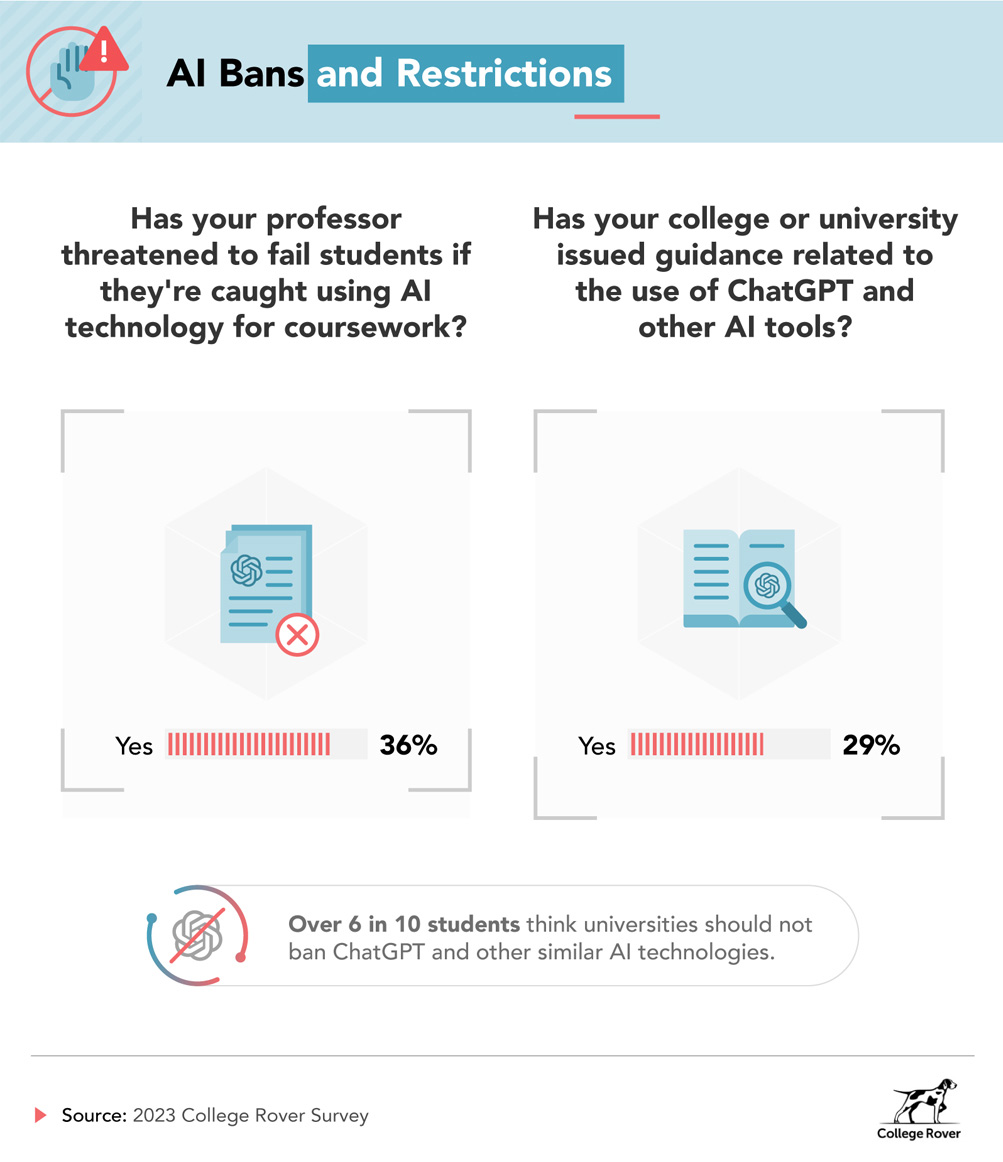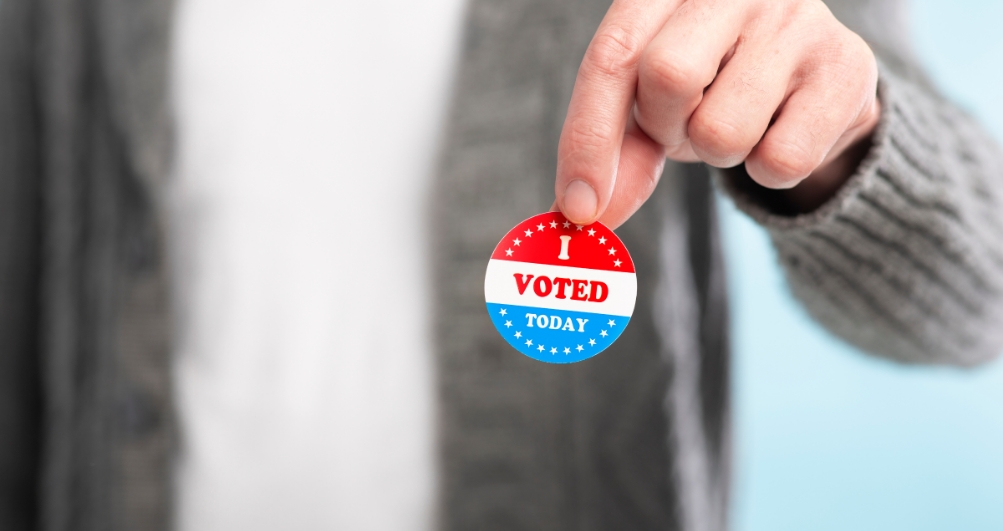Misplaced Trust in College Ranking Tools
Choosing a college is a major life decision, and the many college ranking tools available online don't make it any easier. In our recent survey of hundreds of prospective students, we discovered that U.S. News & World Report has the most-trusted college ranking tool. However, top colleges have uncovered how flawed it is.
Bill Townsend, founder of CollegeRover.com, weighed in on these flaws. "Based on our survey, U.S. News & World Report is one of the most influential college reporting tools. However, 20% of their ranking is based on peer assessment, which consists of reputation surveys. This system ends up favoring colleges with larger national brands and becomes a beauty contest that can be 'won' through popularity or berating rivals - think a combination of the movies "Heathers" and "Election." Forbes, another popular ranking method, has a more quantitative methodology. However, they use salaries from six and 10 years after enrollment. Schools that graduate a significant number of students in education or place a large number of graduates into medical school (still in med school at age 28) will show significantly lower salaries than a school focusing on coding or finance. Additionally, The Wall Street Journal/Times Higher Education is attempting to improve its rankings, but the changes made may steer them in the wrong direction. They plan to add surveys of current students and recent alumni (within five years). Unfortunately, it may prove difficult to contact these alumni once school email addresses have been deactivated."

Key Takeaways
- Prospective college students are most likely to reference the following college ranking tools when choosing a school:
- U.S. News & World Report (40%)
- Forbes (39%)
- College Factual (31%)
- Wall Street Journal/Times Higher Education College Rankings (26%)
- The Princeton Review (24%)
- Prospective college students believe that Forbes' college rankings (31%) are more biased than the Wall Street Journal/Times (21%).
- More than 1 in 10 prospective college students agree that the U.S. News & World Report college rankings are the most biased.
- Men are 78% more likely than women to believe that the U.S. News & World Report college rankings are the most biased.

Key Takeaways
- According to prospective college students, the top 5 most important factors when choosing a college are:
- Annual tuition cost
- Location
- Reputation for their major
- Admission requirements
- College ranking
- 39% of students aren't interested in attending a college that's banned ChatGPT.
- Men (62%) are more likely than women (58%) to be interested in attending a college that banned ChatGPT and other AI tools.
ChatGPT in Universities
ChatGPT has impacted college campuses nationwide, with one professor referring to it as the "greatest creative disruptor to education in a generation." To find out how today's learners are using AI tools and how their schools have responded, we surveyed 1,000 university students about this new technology.

Key Takeaways
- Over 40% of university students are using ChatGPT for coursework.
- ChatGPT is being used multiple times per week by 41% of students.
- Most students are using ChatGPT for English, math, and social sciences.

Key Takeaways
- 36% of students said their professors have threatened to fail students caught using AI technologies for coursework.
- 29% of students said their universities had issued guidance regarding using ChatGPT and other artificial intelligence tools.
- Nearly 6 in 10 students think universities should not ban ChatGPT and other similar AI technologies.
More College Ranking Tools on the Chopping Block
Although the U.S. News & World Report college ranking tool was the one referenced most by the students we surveyed, more than 1 in 10 felt it was biased. Other similar sources, including Forbes and The Princeton Review, ranked even higher among the most biased college ranking tools. Now that some top colleges have publicly debunked the most popular of these, how long will it be until the others fall from favor?
Methodology
To explore college decision-making and the role of college ranking tools, we surveyed 372 students that have sought admission for the fall 2023 school year. An additional 1,000 students were surveyed to explore their sentiments toward the use of ChatGPT and other similar AI technologies in universities.
About College Rover
Unlike the college ranking tools discussed here, our college comparison tool uses objective data sourced from the Department of Education. See side-by-side college comparisons and save your searches for future reference so you can make a well-educated decision.
Fair Use Statement
Please feel free to spread the word about the bias of online college ranking tools by sharing this article. We just ask that your purposes are non-commercial and that you cite this page with a link when doing so.






















